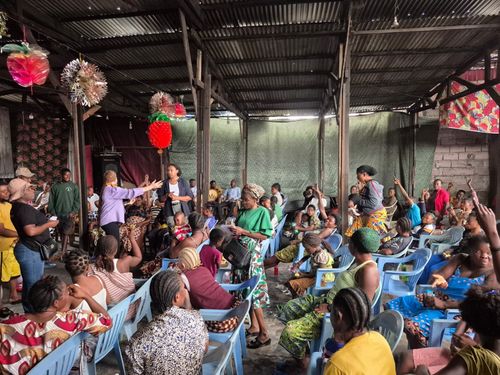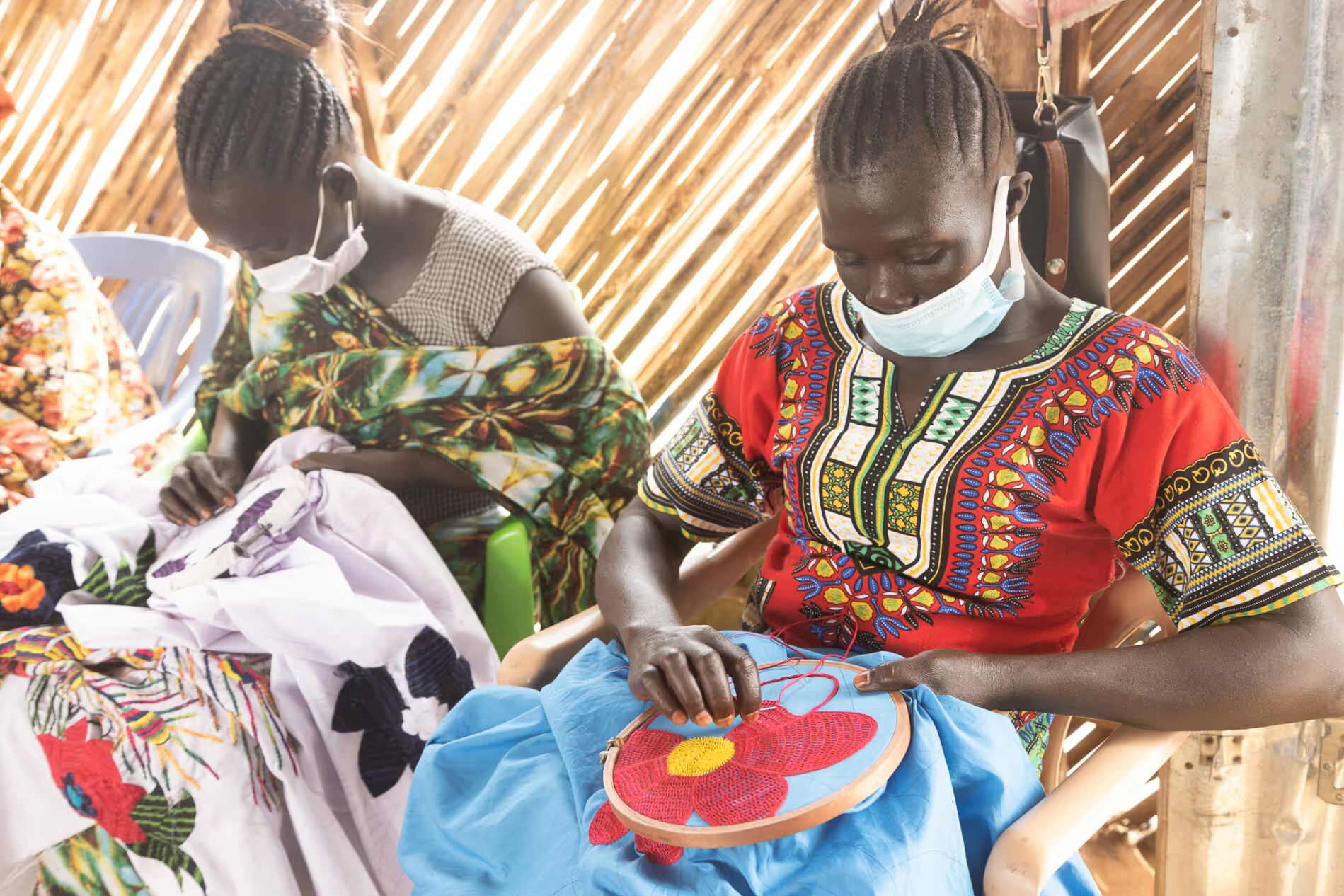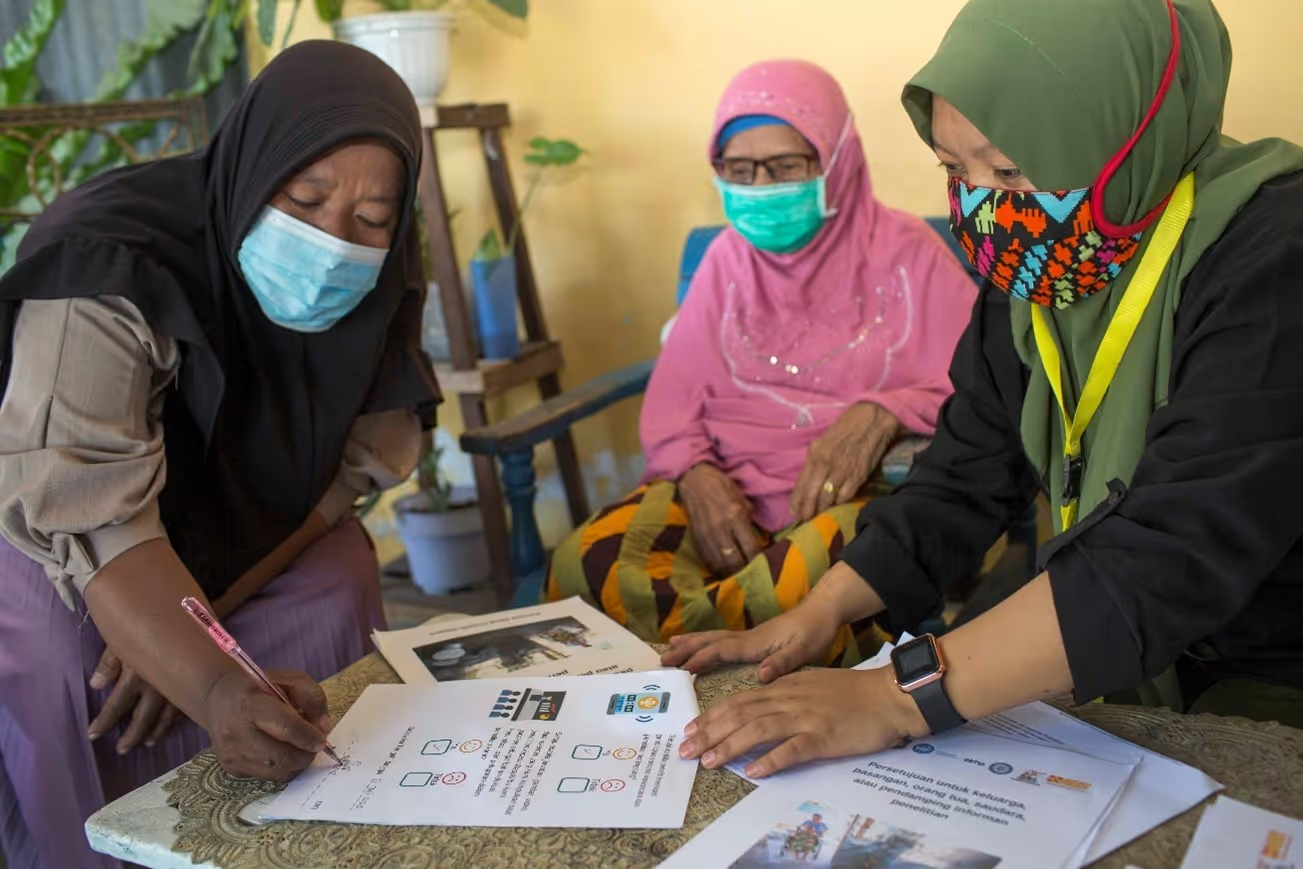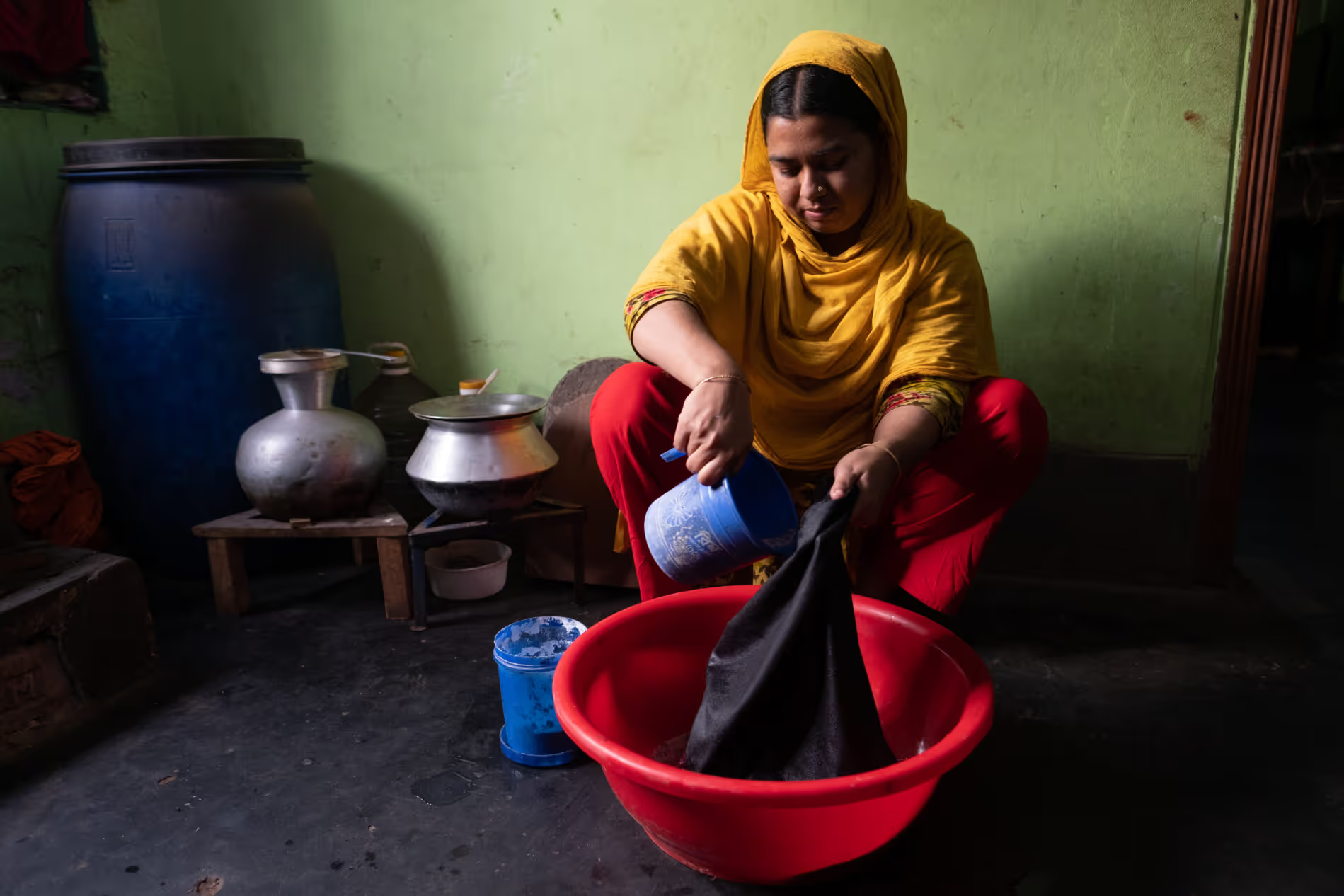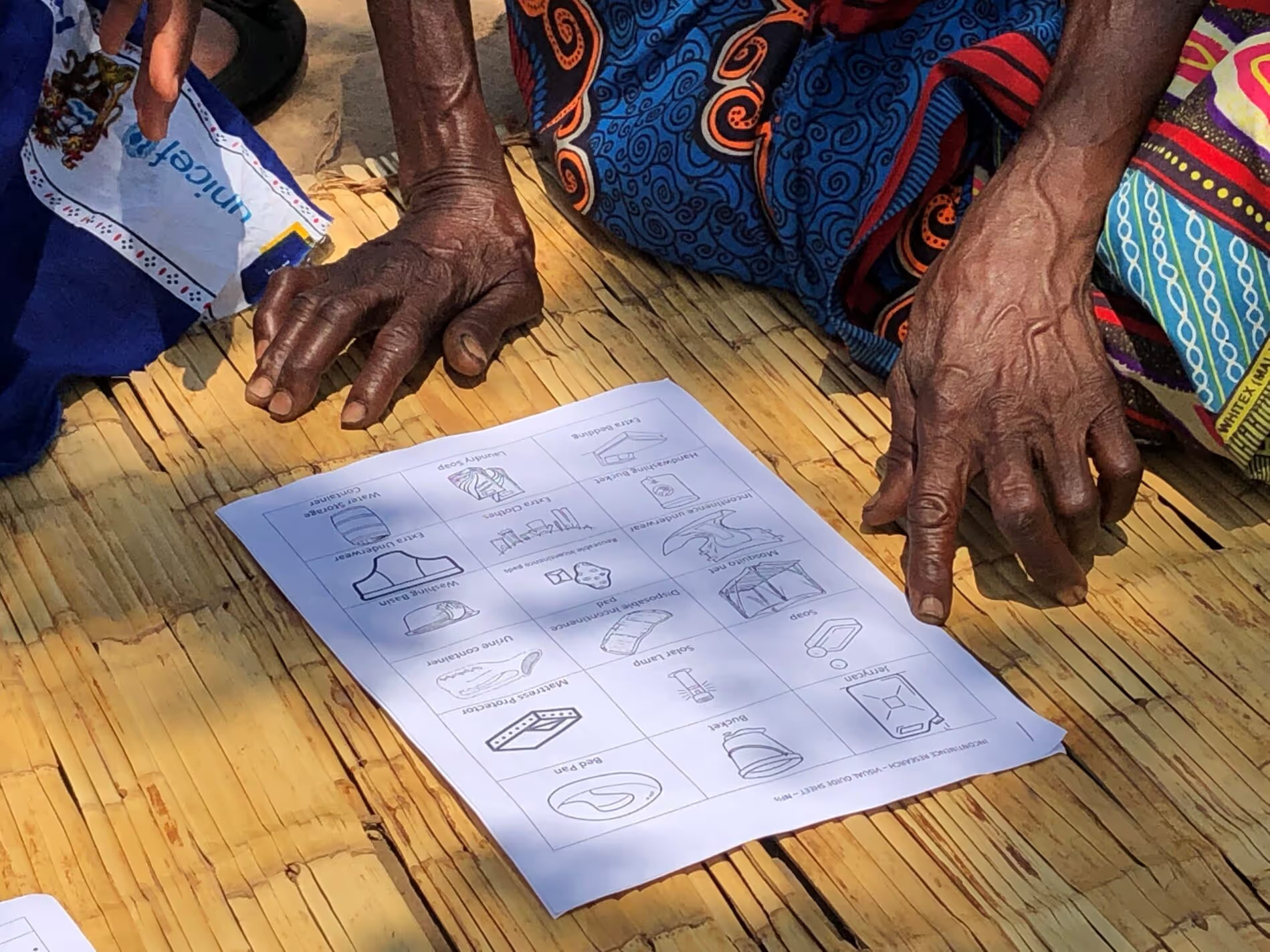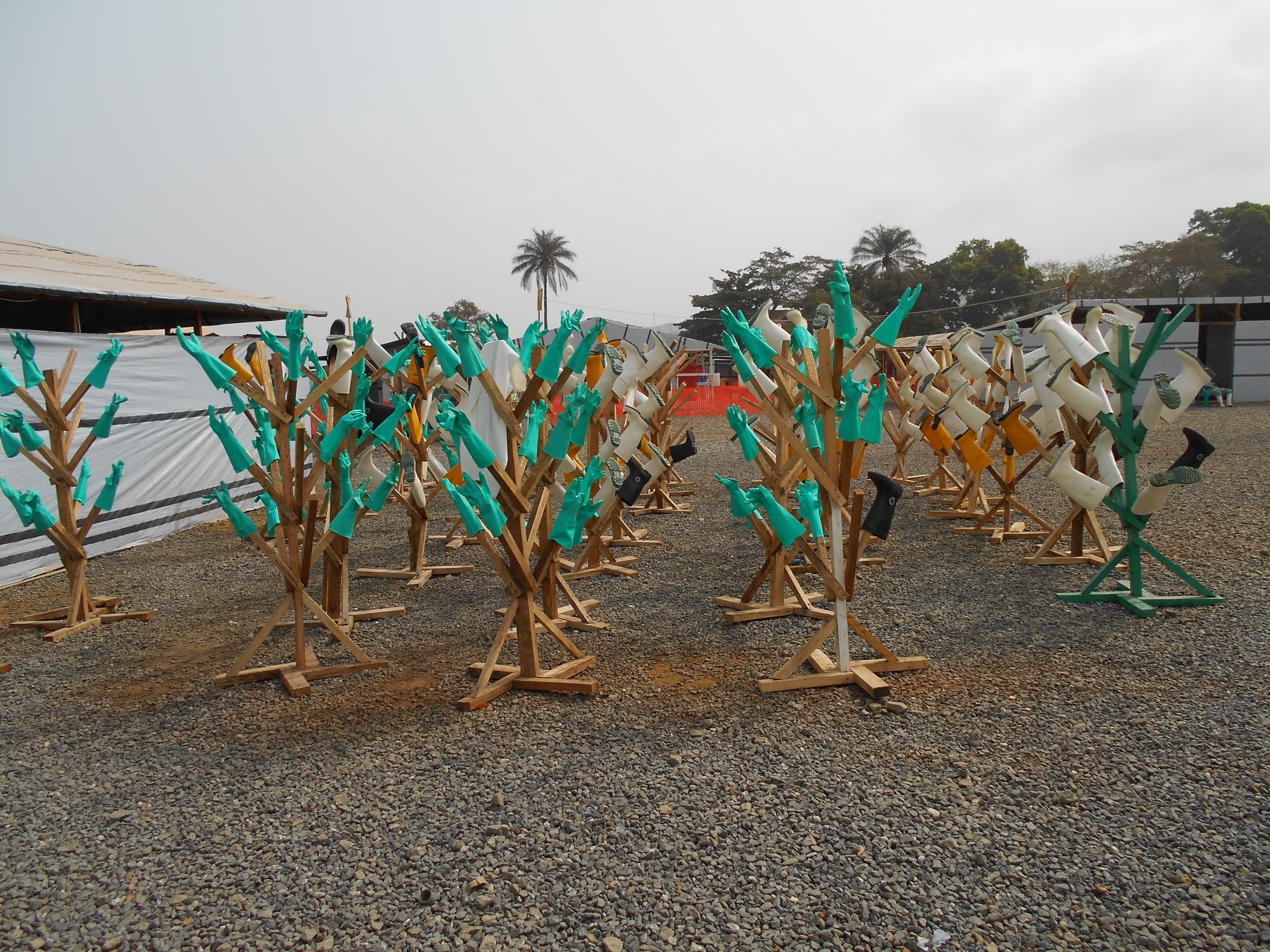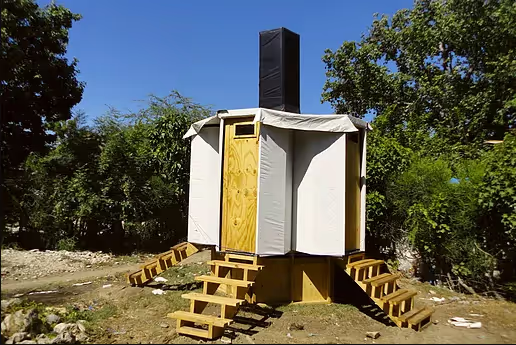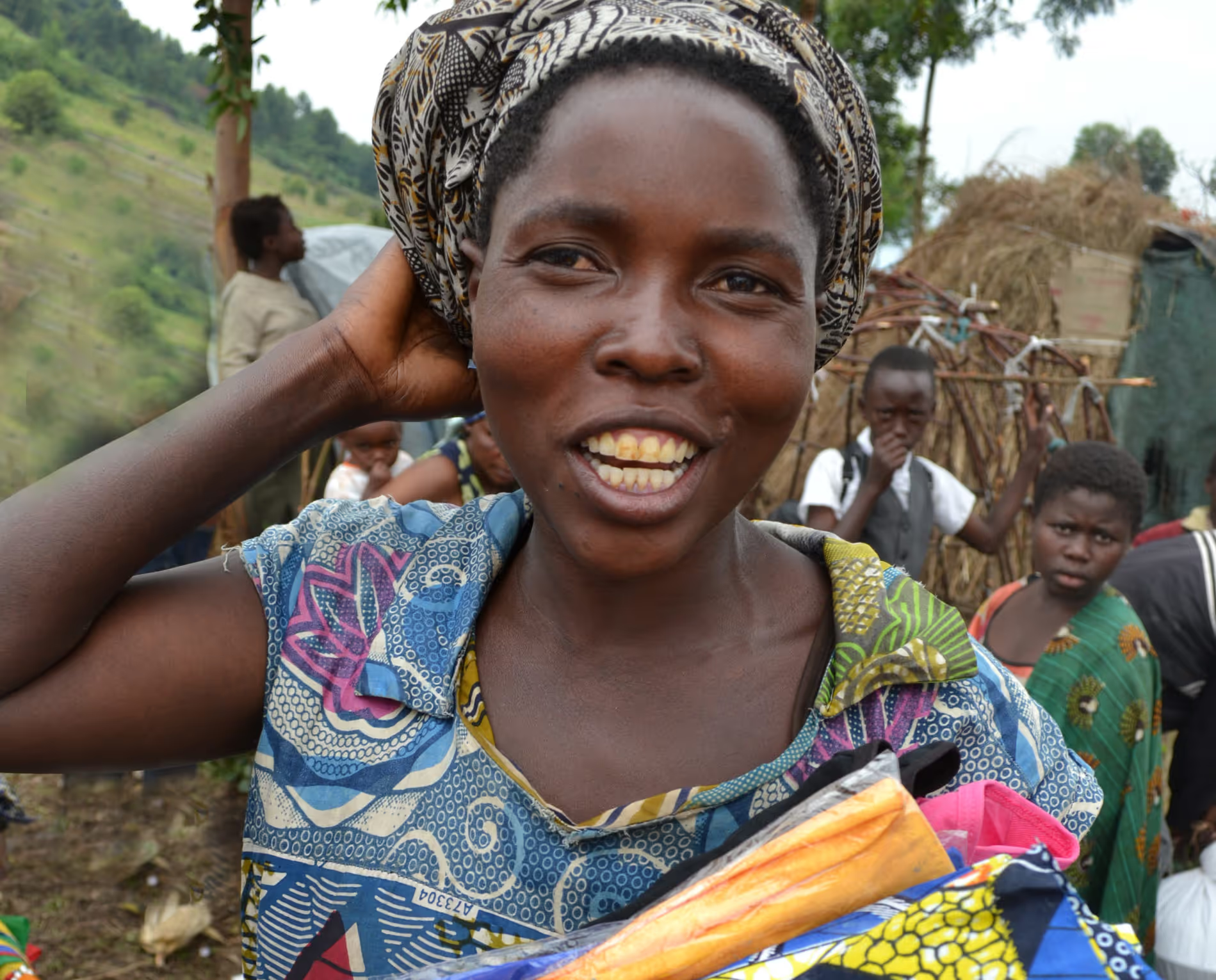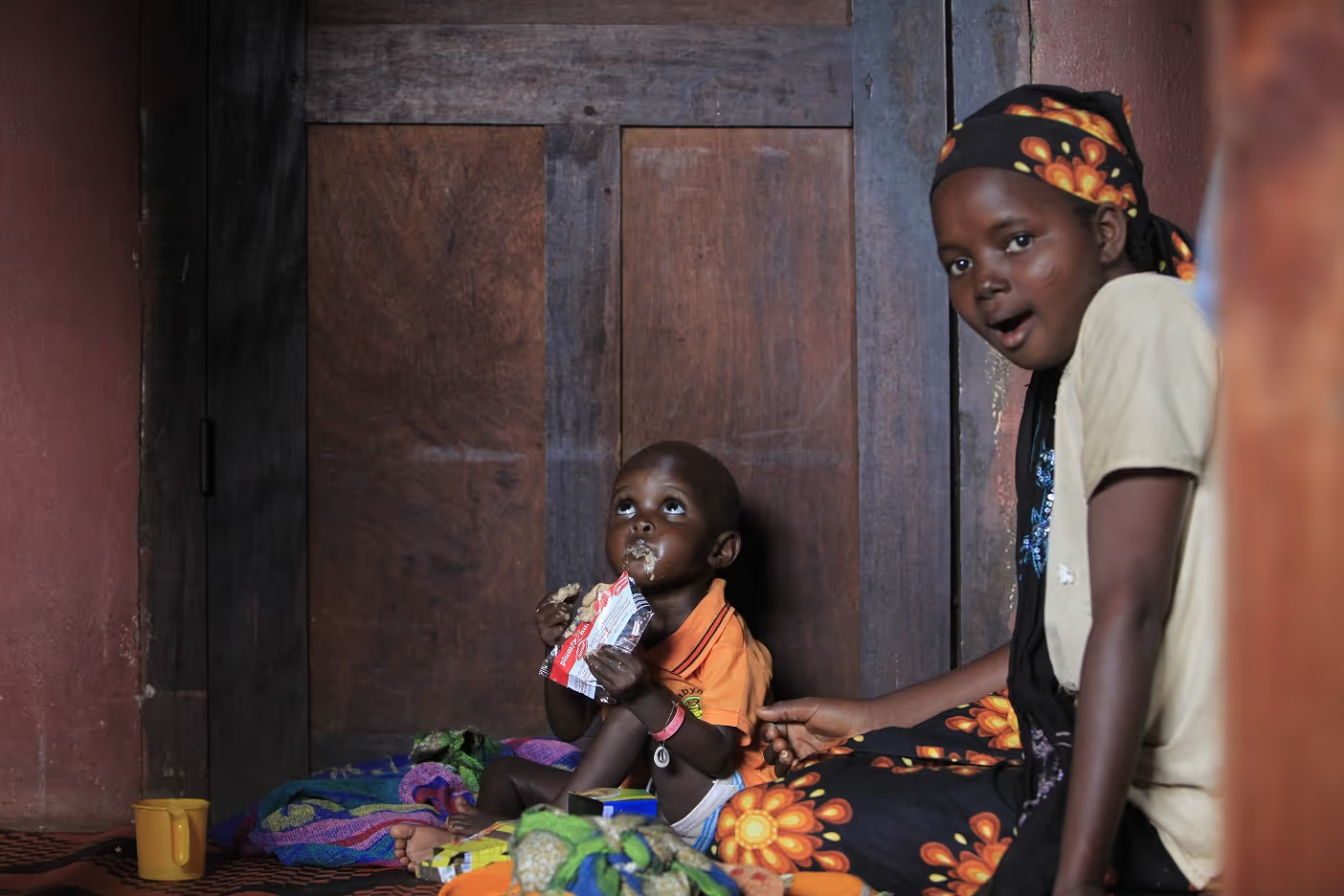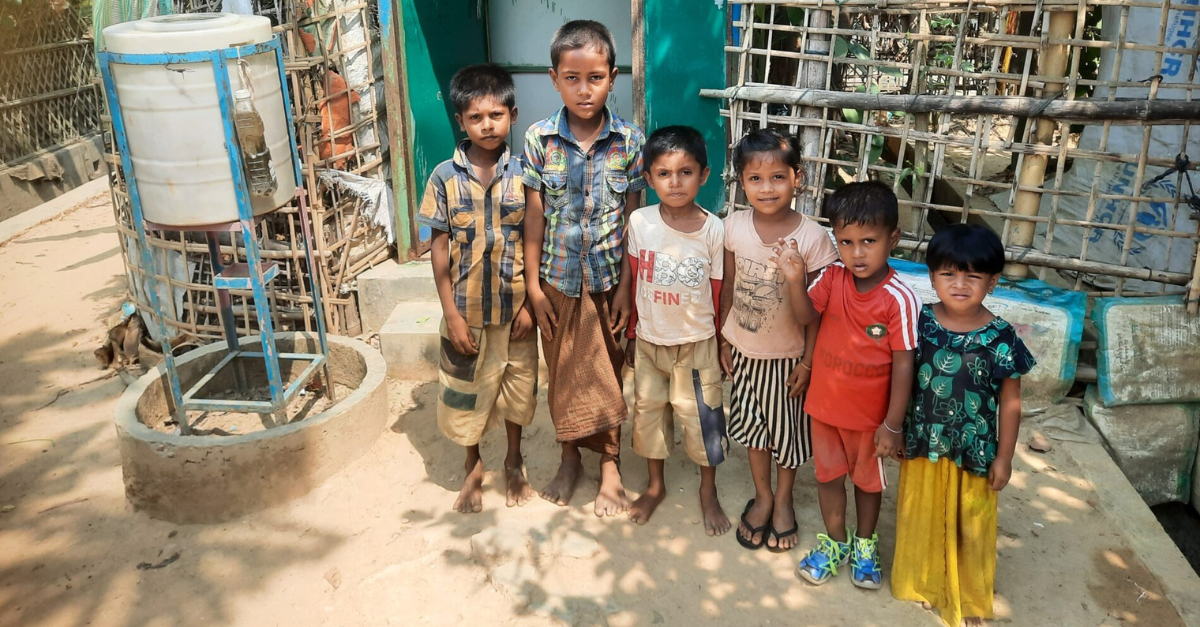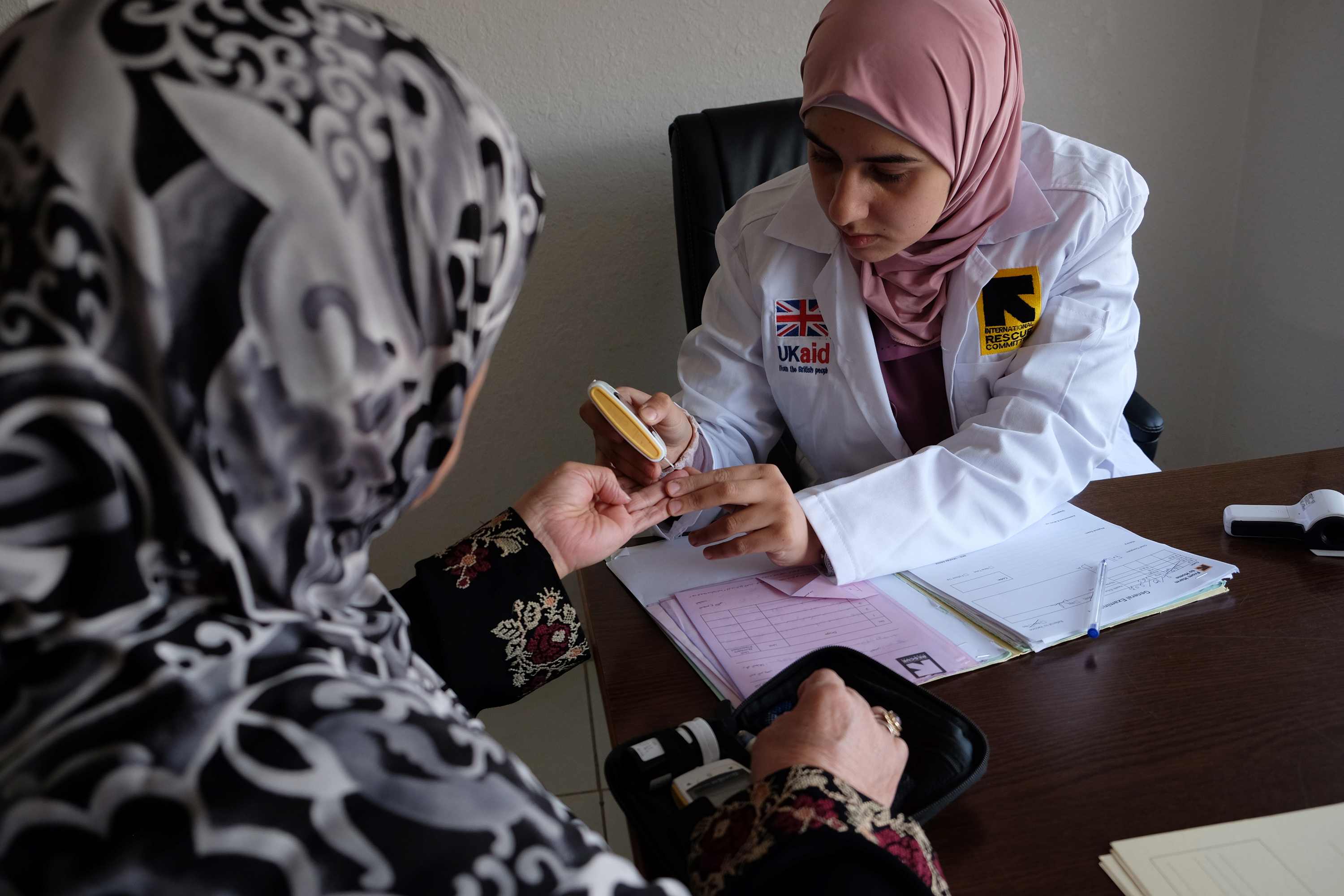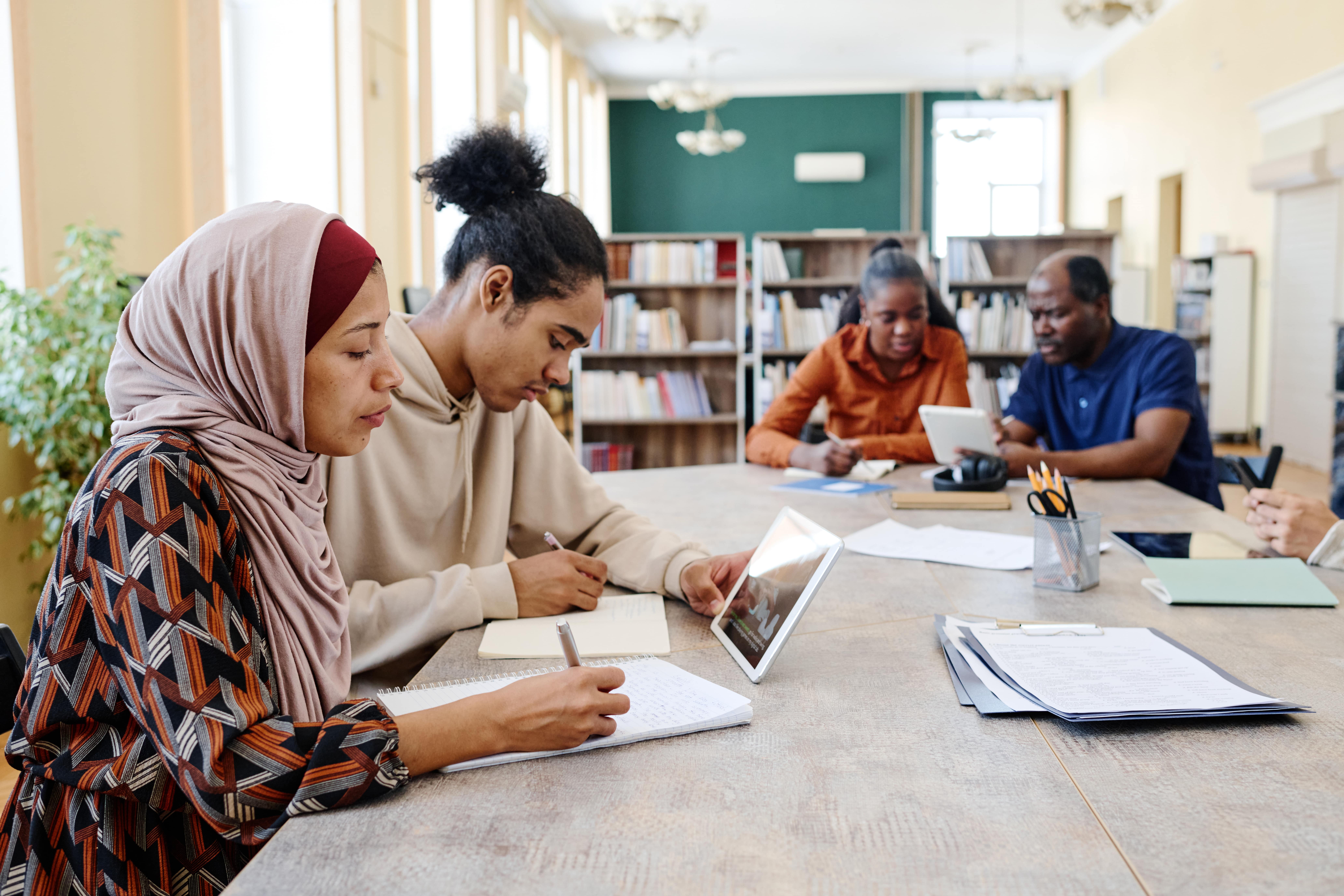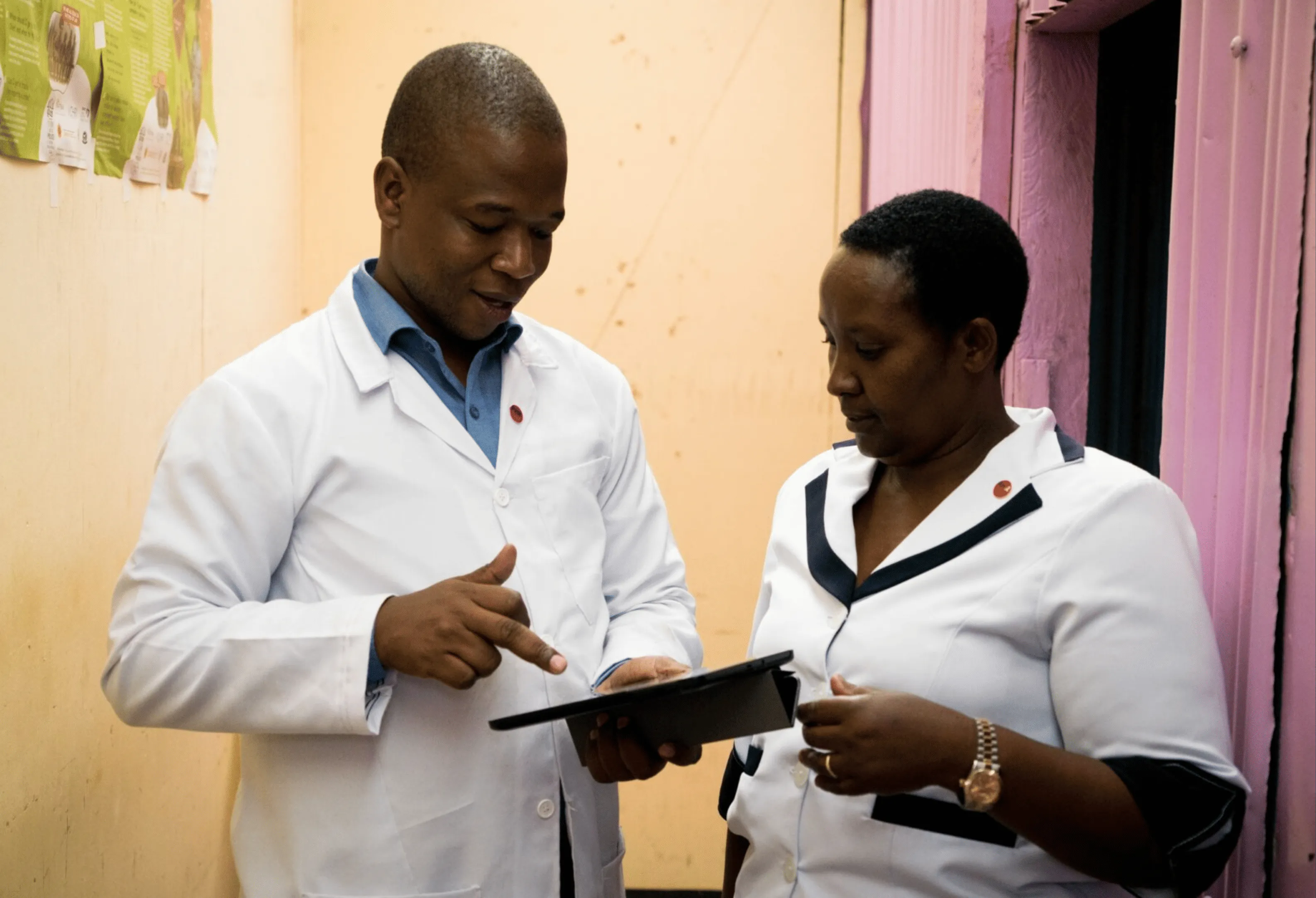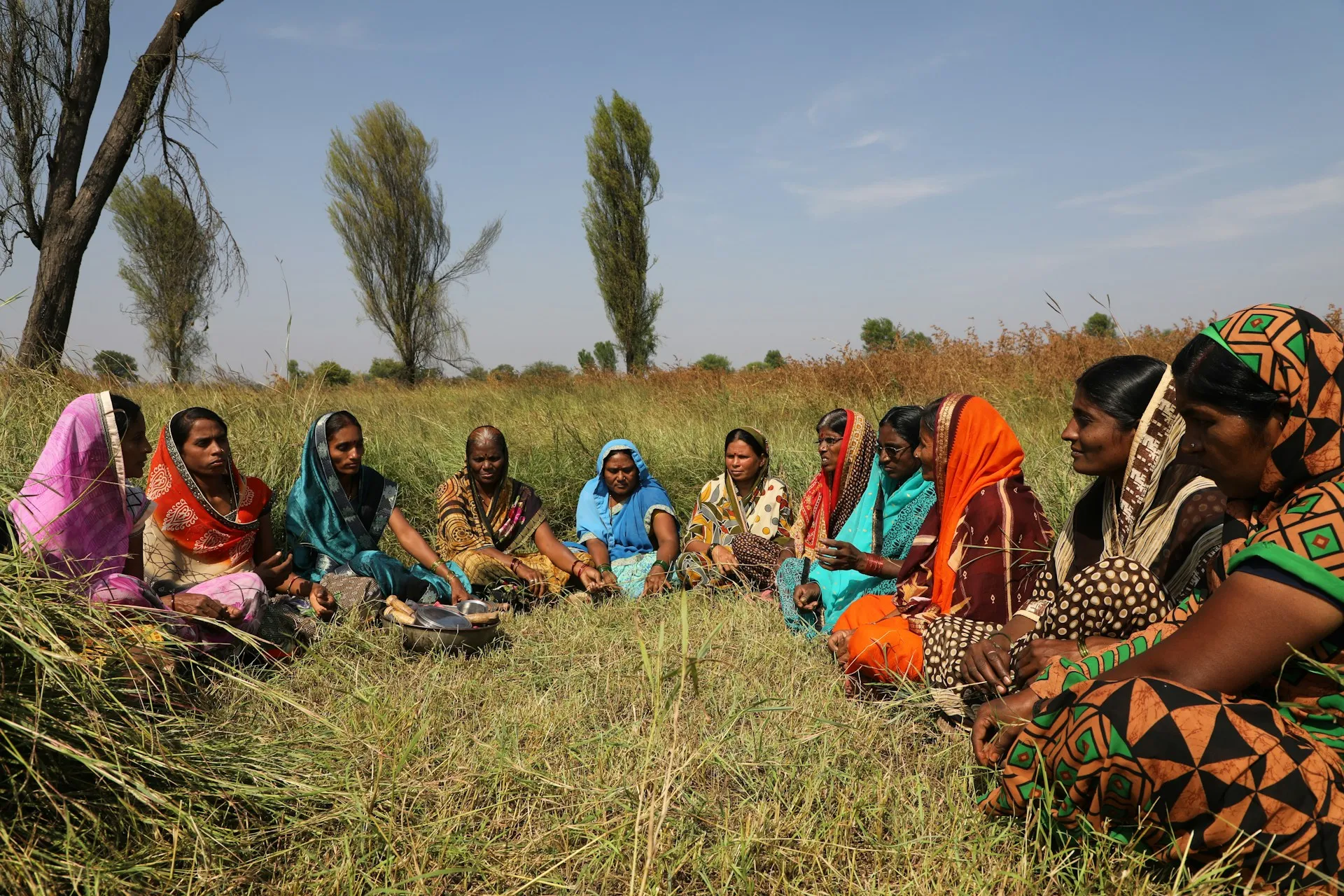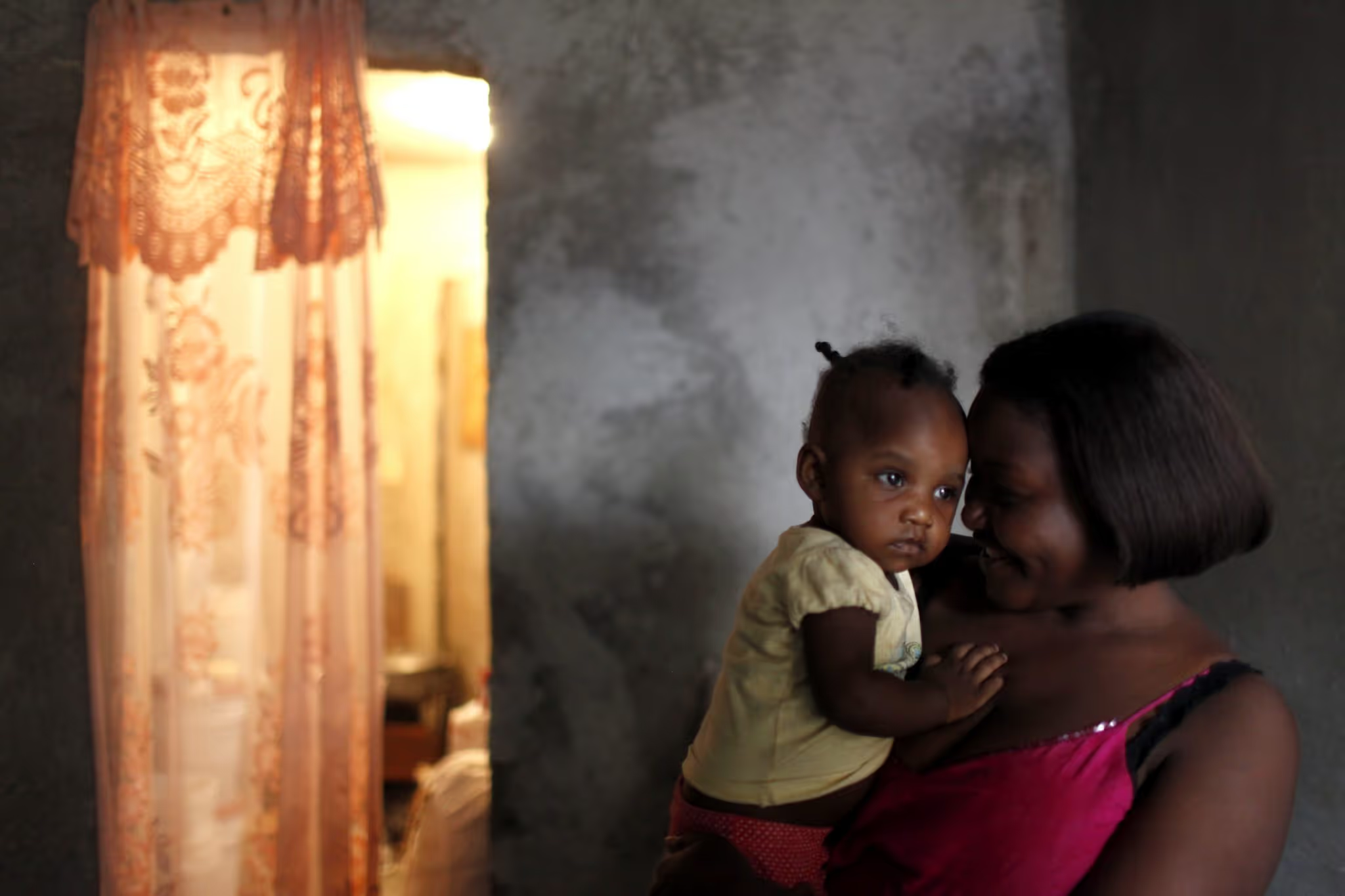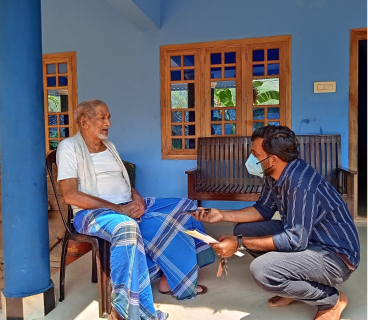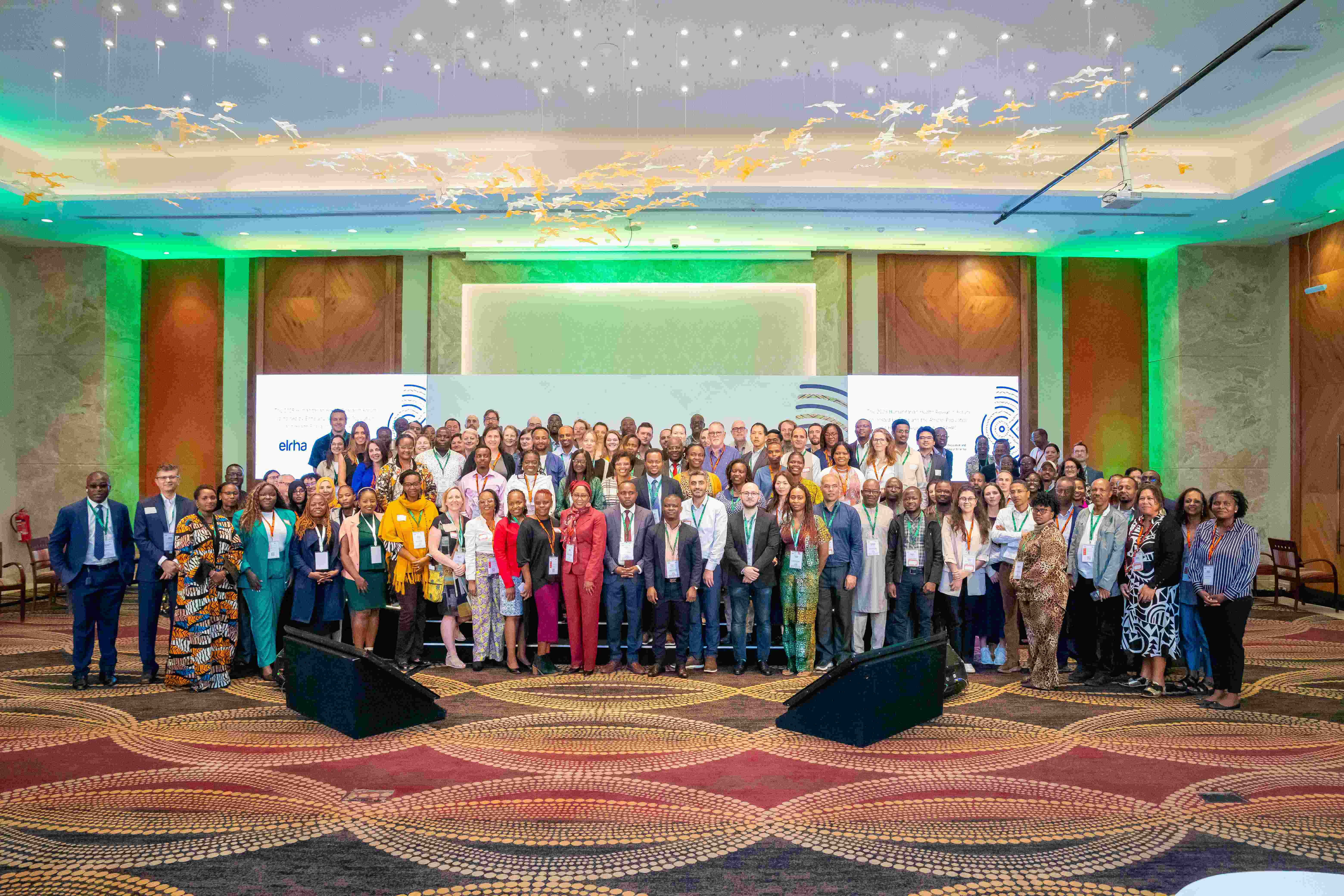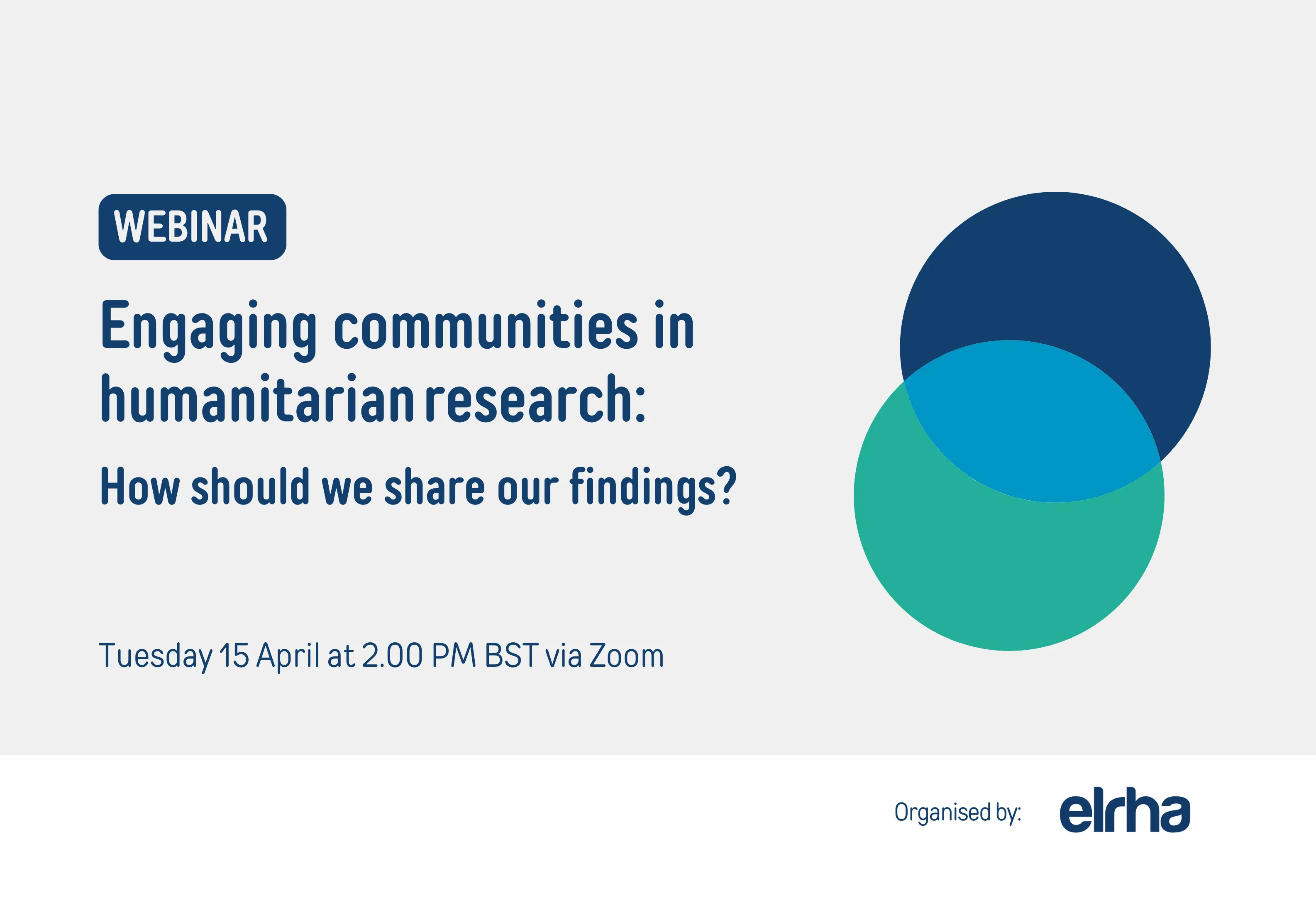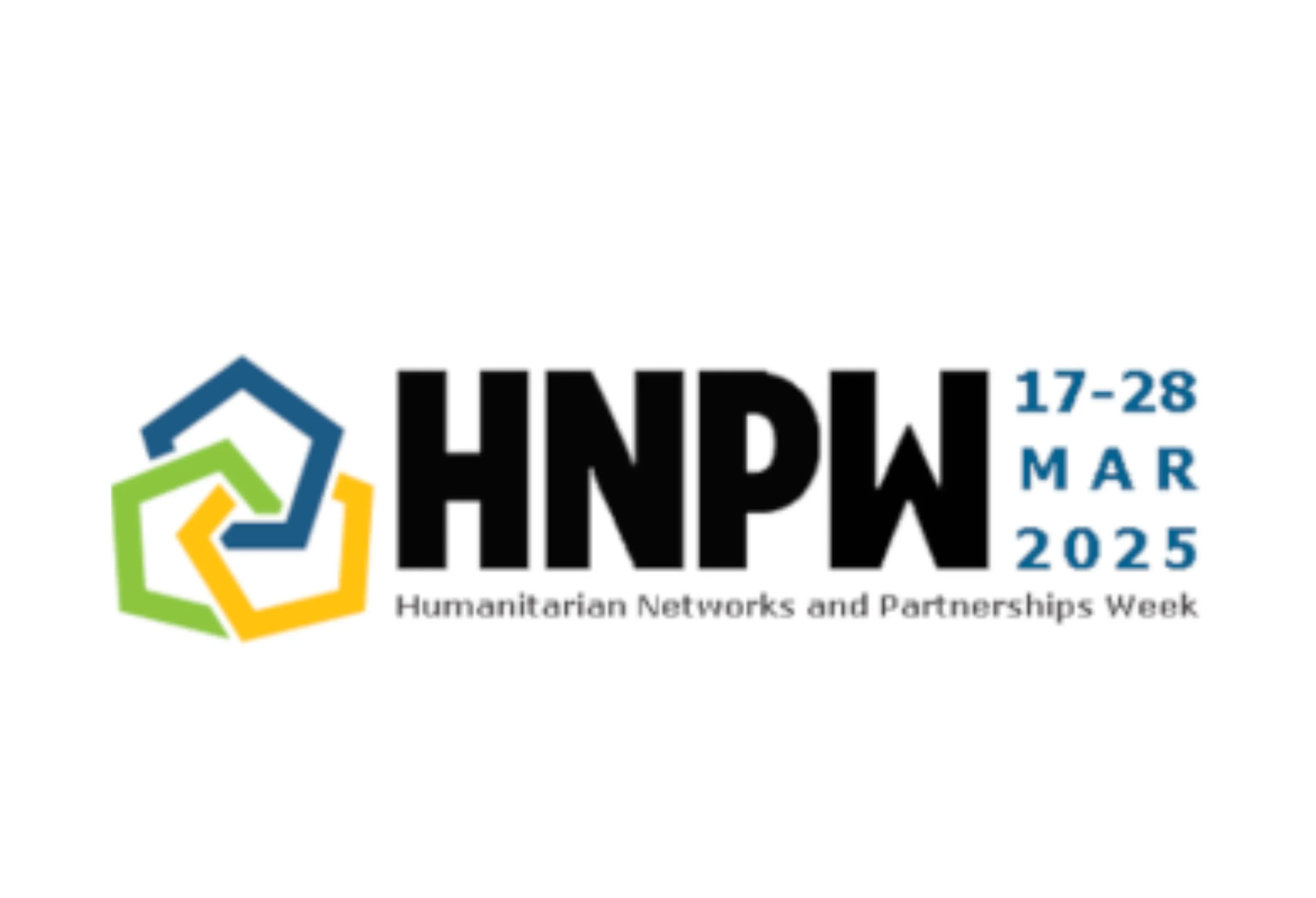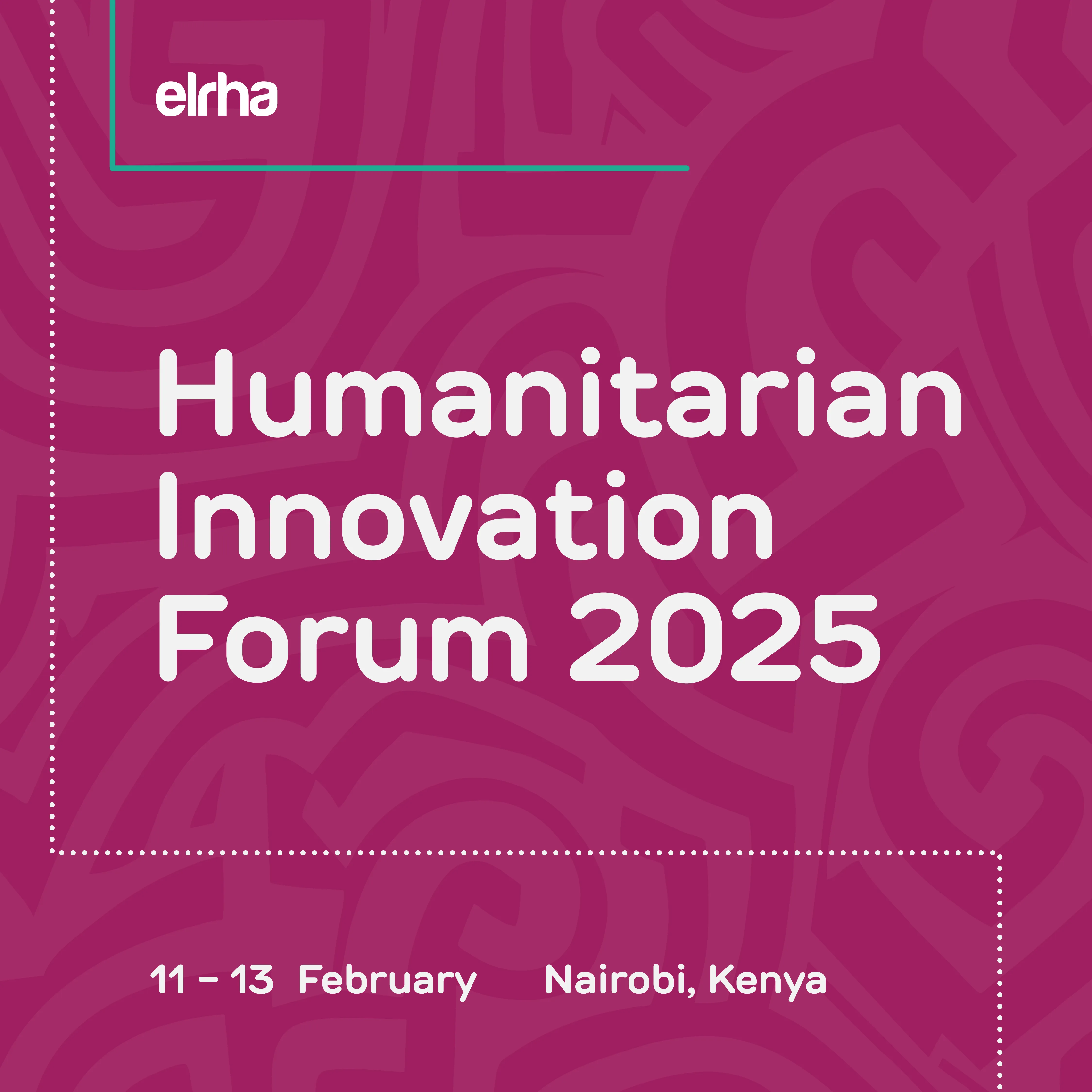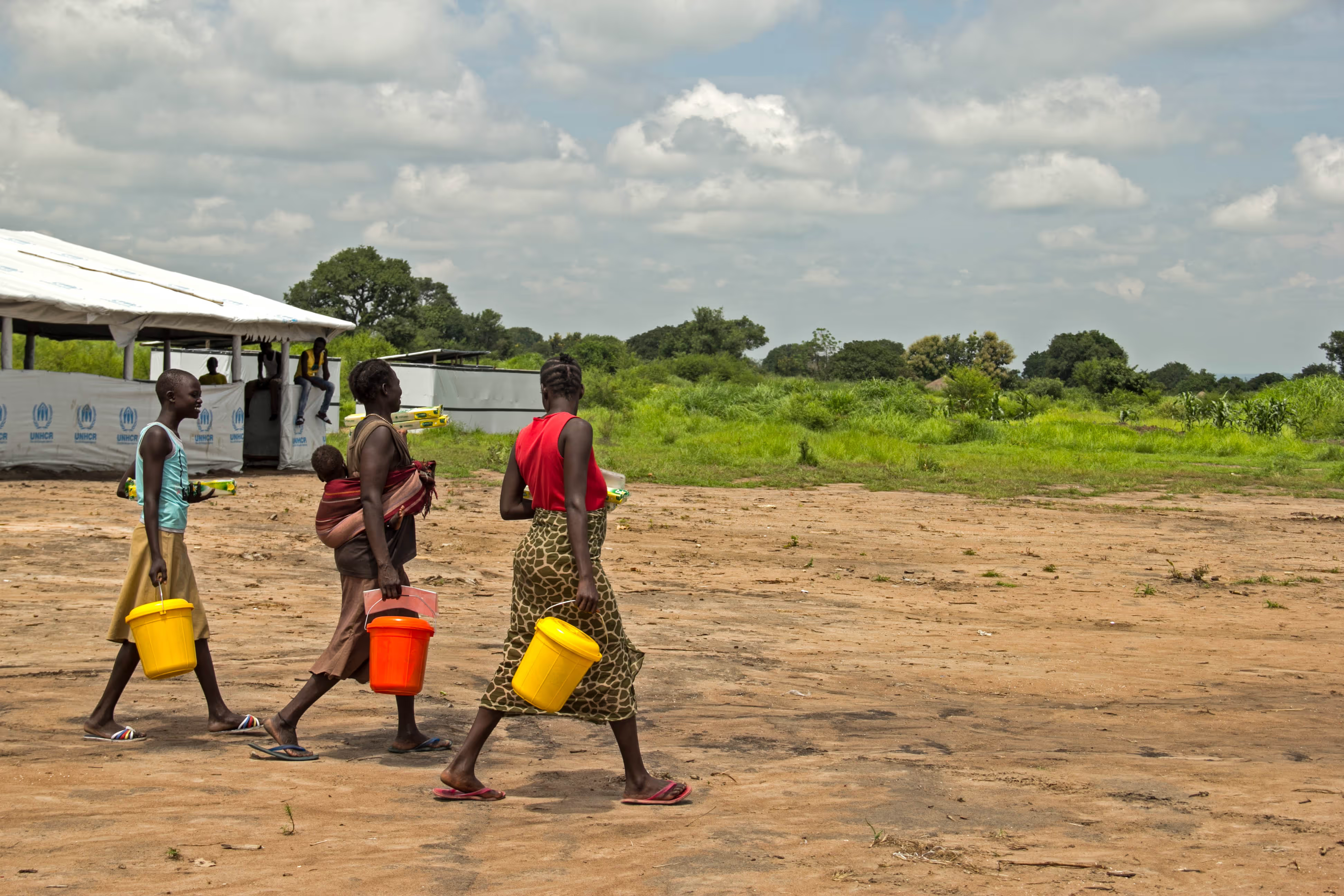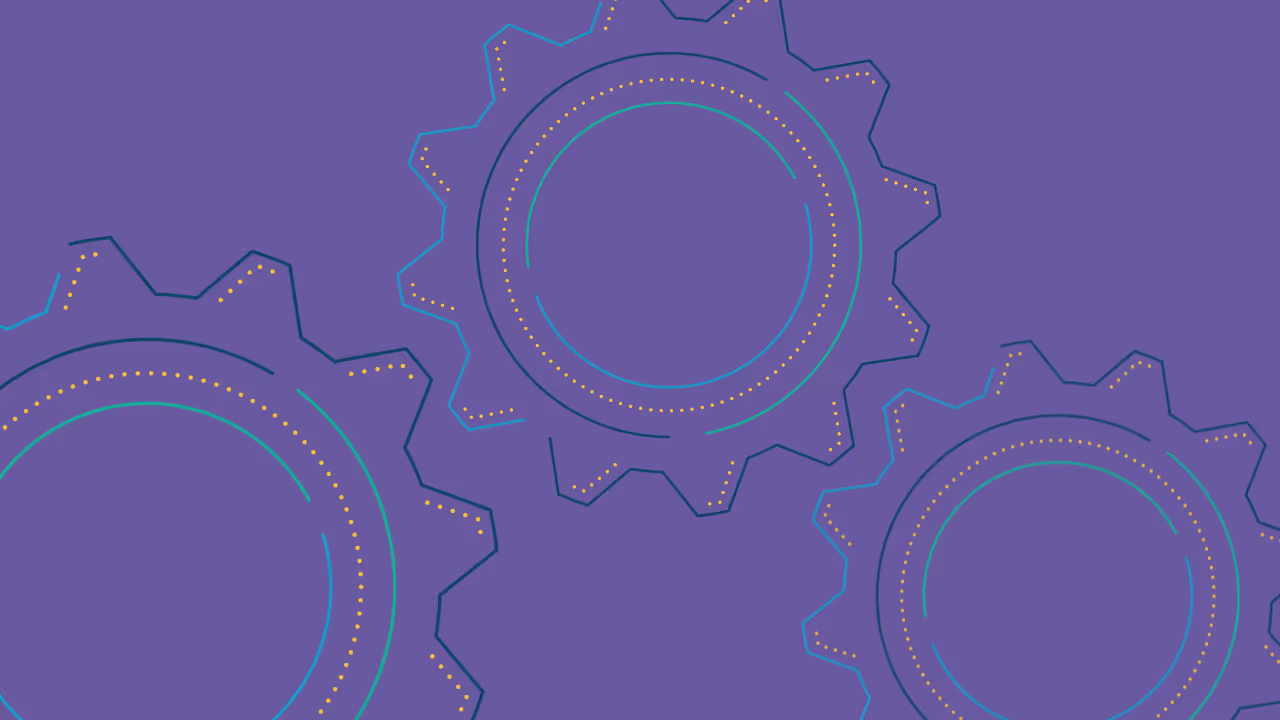We are Elrha
A global organisation that finds solutions to complex humanitarian problems through research and innovation.
What we do
We fund pioneering solutions and robust research to inform and improve humanitarian response. We partner with a global community of humanitarian actors, researchers, and innovators to improve the quality of humanitarian action and deliver better outcomes for people affected by crises.
Transformative ideas funded worldwide.
Incentivising collaboration across the humanitarian sector.
Focus areas
We work in a number of focus areas critical to humanitarian response, providing funding and support for the generation and uptake of new evidence, and the development of innovative new solutions from idea to scale.
What we fund
Explore the groundbreaking research studies and innovation projects we fund and support in countries and regions affected by humanitarian crises.
Our funding process
Interested in how our funding can support your work? Explore our funding process and see how we support our grantees in making a global impact.
- 1. A community health worker provides care to an elderly person in southeastern Myanmar. Photo by Htoo Tay Zar/Community Partners International.
Explore Elrha
Learn more about our mission, the organisations we support, and the resources we provide to drive research and innovation in humanitarian response.
